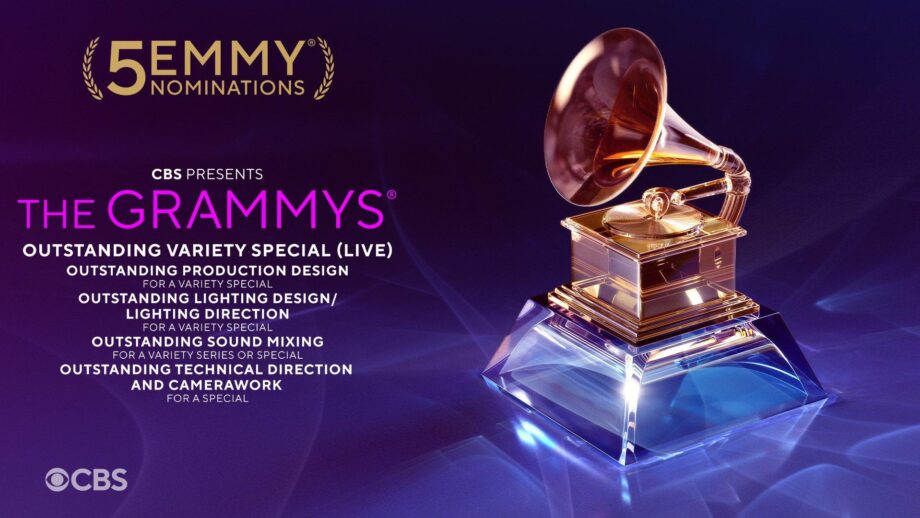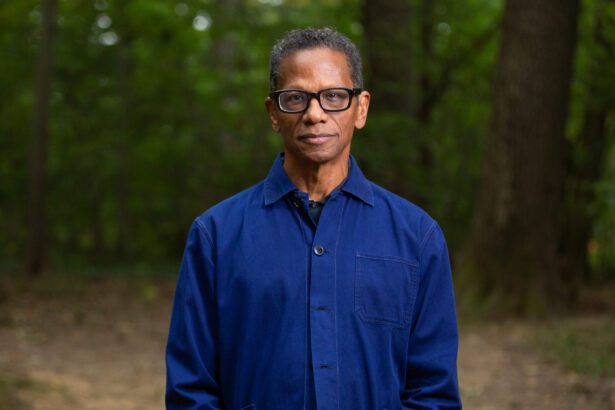They say to not meet your heroes. But when Freddy Wexler — a lifelong Billy Joel fan — did just that, it was as if Joel walked straight out of his record collection.
“I think the truth is none of it is that surprising,” the 37-year-old songwriter and producer tells GRAMMY.com. “That’s the best part. From his music, I would’ve thought this is a humble, brilliant everyman who probably walks around with a very grounded perspective, and that’s exactly who he is.”
That groundedness made possible “Turn the Lights Back On” — the hit comeback single they co-wrote, and Wexler co-produced; Joel performed a resplendent version at the 2024 GRAMMYs with Laufey. Joel hadn’t released a pop album since 1993’s River of Dreams; for him to return to the throne would take an awfully demonstrative song, true to his life.
Loading…
“I think it’s a very raw, honest, real perspective that is true to Billy,” Wexler explains. “I think it’s the first time we’ve heard him acknowledge mistakes and regret in quite this way.”
Specifically, Joel’s return highlights his regret over spending three decades mostly on the bench, largely absent from the pop scene. As Joel wonders aloud in the stirring, arpeggiated chorus, “Is there still time for forgiveness?”
“Forgiveness” is a curious word. Why would the five-time GRAMMY winner and 23-time nominee possibly need to seek forgiveness? Regardless — as the song goes — he’s “tryin’ to find the magic/ That we lost somehow.” The song’s message — an attempt to recapture a lost essence — transcends Joel’s personal headspace, connecting with a universal longing and nostalgia.
Read on for an interview with Wexler about the impact of “Turn the Lights Back On,” why he thinks Joel took such an extended sabbatical, the prospect of more new music, and much more.
This interview has been edited for clarity.
**You did a great interview with Rolling Stone ahead of the 2024 GRAMMYs. Now, we’re on the other side of it; you got to see how it went down on the telecast, and resonated with the audience and world. What was that like?**
It’s why I make music — to hopefully make people feel something. This song has really resonated in such a big way. More than looking at its commercial success on the charts or on radio, which has been awesome to see, the comments on Instagram and YouTube have been the most rewarding part of it.
Why do you think it resonated? Beyond the king picking up his crown again?
I don’t think the song is trying to be anything it’s not. I think it’s a very raw, honest, real perspective that is true to Billy. I think it’s the first time we’ve heard him acknowledge mistakes and regret in quite this way. And to hear him do it in a hopeful way where he’s asking, “Is it too late for forgiveness?” is just very moving, I think.
Forgiveness? That’s interesting. What would any of us need to forgive him?
He has said in other interviews, “Sometimes people say they have no regrets at the end of their life.” And he said, “I don’t think that’s possible. If you’ve lived a full life, of course you have regrets.” He has said that he has many things he wishes he would’ve done differently. This is an opportunity to express that.
I think what’s interesting about the song is it has found meaning in various ways with various people and listeners. Some people imagine Billy is singing to former lovers or friends. Other people imagine Billy is singing to his fans asking, “Did I wait too long to record again?” Other people wonder if Billy is singing to the songwriting Gods and muses. Did I wait too long to write again?
In Israel, where the song was number one — or is number one, I haven’t checked today — I think the song’s taken on the meaning of just wanting things to be normal, wanting hostages to come home and turn the lights back on. So, you never know where a song is going to resonate, but I think that Billy just found his own meaning with it.
You know the discography front to back. What lines can you draw from “Turn the Lights Back On” to past works?
I think it draws on various pieces of his catalog, right? “She’s Always a Woman” has a sort of piano arpeggio in the chorus. To me, it feels like a natural progression. It feels like, on the one hand, it’s a new song. On the other, it could have come out right after River of Dreams. To me, it just kind of feels natural.
**Back when you spoke with Rolling Stone, you said you couldn’t wait to hear “Turn the Lights Back On” at Madison Square Garden. How’d it sound?**
Amazing. Billy is a consummate live performer. I think he’s one of the few artists where everything is better live, and everything is always a little bit different each time it’s played live.
It’s been really cool to watch Billy and the band continue to change and improve the song and the song’s dynamics for the show. He told me tonight that tomorrow night in Tampa, I think they’re going to try to play with the key of the song, potentially — try it a half a step higher.
Those are the sort of things I think great artists do, right? It’s different from being on a certain type of tour where every single song is the same, the set list is the same, the key is the same, the arrangements are the same.
With Billy, there’s a lot of feeling and, “Hey, why don’t we try it this way? Let’s play it a little faster. Let’s play it a little slower. Let’s try it in a different key.” I just think that’s super cool. You have to be a really good musician to just do that on the fly.
What have you learned from him that applies to your music making, writ large?
I’ve learned so much from him. As Olivia Rodrigo said to us at GRAMMY rehearsals, “He’s the blueprint when it comes to songwriting.”
He has helped raise the bar for me when it comes to melodies and lyrics, but the thing I keep coming back to is he’s reminded me that even the greatest artists and songwriters ever sometimes forget how great they are. I think we need to be careful not to give that inner voice and inner critic too much power.
Can you talk about how the music video came to be?
Well, I had a dream that Billy was singing the opening two lines of the song, but it was a 25-year-old version of Billy. It was arresting.
When I woke up, I sort of had the vision for the video, which was one set, an empty venue of some kind, and four Billy Joels. The Billy Joel that really exists today, but then three Billys from three iconic eras where each Billy would seamlessly pick up the song where the other left off.
The idea behind that was to sort of accentuate the question of the song — did I wait too long to turn the lights back on?
And so, to kind of take us through time and through all these years, I teamed up with an amazing co-director, Warren Fu, who’s done everything from Dua Lipa to Daft Punk, and an artificial intelligence company called Deep Voodoo to make that vision possible.
What I’m driven by is the opportunity to create conversations, cultural moments, things that make people feel something. What was cool here is as scary as AI is — and I think it is scary in many ways — we were able to give an example of how you can use it in a positive way to execute a creative artistic vision that previously would’ve been impossible to execute.
Yeah, so I’m pleased with it and I’m thankful that Billy did a video. He didn’t have to do one, but he liked the idea of it. He felt it was different, and I think he was moved by it as well.
What do you think is the next step here?
It’s been a really rewarding process. And Billy is open-minded, which is really cool for an artist of that level, who’s not a new artist by any stretch. To actually be described as being in a place in his life where he’s open-minded, means anything is possible. I could tell you that I would love there to be more music.
I’d love to get your honest appraisal. And I know you’re not him. But his last pop album was released 31 years ago. In that long interim, what do you think was going on with him, creatively?
Look, I’m not Billy Joel, but I think there were a number of factors going on with him. Somewhere along the way, I think he stopped having fun with music, which is the reason he got into it, or which is a big part of the reason he got into it. When it stopped being fun, I don’t think he really wanted to do it anymore.
Another piece to it is that Billy is a perfectionist, and that perfectionism is evident in the caliber of his songwriting. Having always written 100 percent of his songs, Billy at some point probably found that process to be painstaking, to try to hit that bar where he’s probably wondering in his head, What would Beethoven think of this? What would Leonard Bernstein think of this?
I think part of what was different here was that, perhaps, there was something liberating about “Turn the Lights Back On” being a seed that was brought to Billy. In this way, he could be a little disconnected from it, where maybe he didn’t have to have the self-imposed pressure that he would if it was an idea that he’d been trying to finish for a while.
Ironically, he still made it. Well, there’s no “ironically,” but I think that’s it. There’s something to that.
Billy Joel’s Biggest Songs: 15 Tracks That Best Showcase The Piano Man’s Storytelling And Pop Hooks




